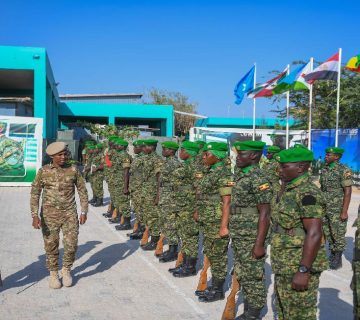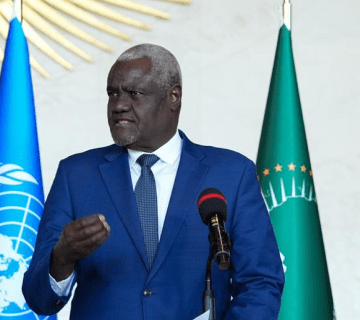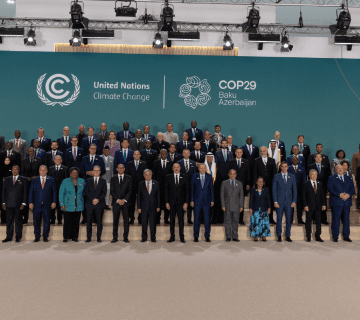The country is relatively stable, having come out of parliamentary elections of September 03, 2018, in which the ruling party, Rwanda Patriotic Front, retained its majority (by about 76 per cent). In what appears to be a response to political undertones calling for more civil rights, in the backdrop of imprisonment of President Paul Kagame’s main opponents, Diana Rwigara and VictoireIngabire, were released on October 05, 2018. They had been incarcerated for fomenting insurrection (Rwigara), and treason (Ingabire), among other charges, which have otherwise been viewed as politically motivated, by these top government critics and presidential aspirant (Rwigara). The release of these political figures amid marginal successes of opposition parties for the first time in the last elections, signifies opening up of political space and reduces political heat in Rwanda. However, more needs to be done to guarantee competitive politics and voices of dissent.
On the other hand, Rwanda’s internal stability is being knocked on the sides by its political crises with Burundi on one front and Uganda on the other. Burundi closed its border with Rwanda about three years now, accusing it of supporting insurgency groups against the government in Bujumbura, following the 2015 political crisis which led to over 400,000 Burundians fleeing the country. Burundi accuses Rwanda of recruiting its refugees into insurgency groups, and providing military training and logistical support to such groups, accusations Rwanda has since denied. On its part, Rwanda accuses Burundi of the same, considering its South Western regions came under attacks from gangs believed to be operating from Burundi in July this year. Due to these tensions, diplomatic ties have wilted between the two countries and trade has drastically dropped to insignificant levels due to border closure, further hurting economic interests of both sides and livelihoods across the border.
Rwanda is also embroiled in a similar political situation with Uganda. Rwanda accuses Uganda of harbouring elements bent on destabilizing the country such as dissident, David Himbara and others. On its part, Uganda accuses Rwanda of espionage. In November 2017, Uganda arrested over 40 Rwandans and detained them over terrorism charges, and is accused by Rwanda of arbitrarily arresting, detaining, deporting, and even torturing Rwandans. Relations between the two countries have gone frostier, despite high-level meeting in March of this year.
Rwanda, Uganda and Burundi should embrace diplomatic channels of dispute resolution at bilateral levels. The Join Permanent Commission between Rwanda and Uganda should be revived to help address differences between the two countries, and such a framework should also be established between Burundi and Rwanda. However, arbitration or mediation through the EAC should be explored if bilateral talks fail. Escalation of political differences involving these countries, which border the restive eastern Democratic Republic of Congo region and Central African Republic, could spell regional instability and rock the foundations of the EAC, in the future.



